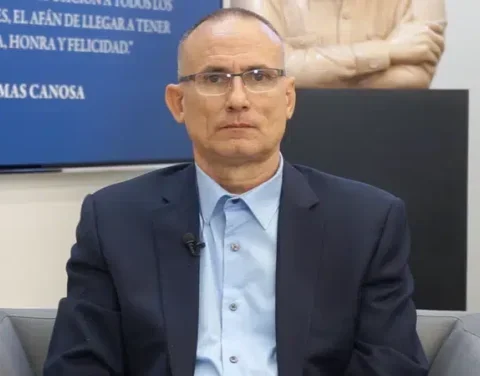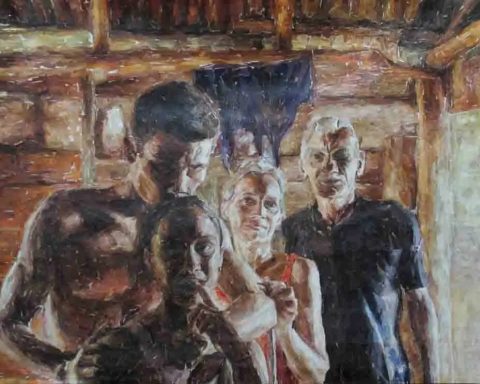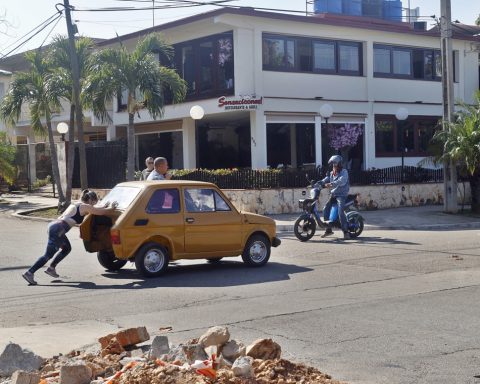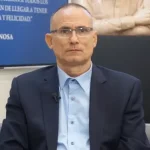MIAMI, United States. – The Cuban regime’s influence in Venezuela has been in the planning for more than six decades, according to historians at the forum “Castro Subversion in Venezuela,” held in Miami this Saturday.
According to experts, the political project described as “hegemonic and destabilizing” has affected Venezuela as well as Cuba and other countries in the region.
According to the report of Marti Newsduring the forum organized by the Institute of Cuban Historical Memory against Totalitarianism, the journalist and former political prisoner Peter Corzo He pointed out that the Venezuelan tragedy is directly related to the rise of the Cuban regime in 1959. “In Cuba, since January 1, 1959, executions, arbitrary arrests and many abuses began,” he said.
Corzo also recalled that Fidel Castro’s first official trip as ruler of the Island was to Venezuela, where he met with the then president Romulo Betancourt“Castro wanted Venezuelan democrats to subvert the order of Latin American dictatorships,” said the former political prisoner.
However, Betancourt refused to support Castro, who retaliated, according to historian and politician Alexis Ortiz.Fidel Castro “He promoted a guerrilla movement, an armed, communist subversion, financed and trained by Cuba against Venezuela,” said Ortiz, who also acknowledged that this attempt was frustrated by the Venezuelan democratic forces. “Castro retained that resentment and developed the need to control Venezuela,” he added.
The forum also addressed how Hugo ChavezVenezuelan president since 1999, became a key ally of Castroism. “Hugo Chavez fell in love with Fidel Castro and handed the country over to him,” Ortiz said.
Retired Venezuelan Armed Forces General Ismael Eliécer Hurtado Soucre explained in detail how Castroism has infiltrated the Venezuelan state apparatus. “Cuba not only captured Chavez’s mind, but also infiltrated his government and the army,” said the former military officer.
According to the general, Cuban influence extends to the presidency, ministries, the armed forces and security forces, as well as strategic sectors such as the oil industry, telecommunications and penitentiary services.
Hurtado Soucre described Venezuela as “the jewel in the crown of Castroism,” given the extensive control that Havana exercises over state databases, from immigration systems to commercial and electoral records.
Finally, Corzo warned that the influence of Castroism is not limited to Venezuela and pointed out that other countries in the region, such as Colombia and Mexico, have also been directly affected by the influence of the Havana regime.















